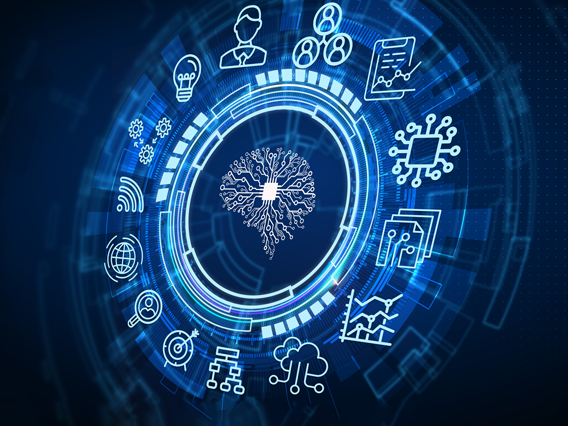03 May 2023
2 min read
#Media & Communications, #Data & Privacy, #Intellectual Property

With the rise of generative AI and large language models, people are now leaping into using the likes of ChatGPT and Bard, trying them out for various purposes, from creating recipe lists for the week, developing websites, or even writing academic papers. However, are they taking into account the privacy considerations when using these platforms?
The concern with using the likes of ChatGPT is that you have to provide it with information for it to give you the output, and often, the more detailed the information you provide, the better the response. For example, you might use ChatGPT to improve your resume or tailor it for a specific job application. You then enter your current resume as the text input and generate the response.
This may help you increase your chances of getting the job, but it also means you’ve provided key personal information to the AI chatbot, including your name and contact details, job history, academic history and potentially even your date of birth. That’s a treasure trove of personal information that has now been passed on. You may have also provided other people’s personal information, through the name and contact details of referees.
That information now sits (in this example) with OpenAI, a research and deployment company headquartered in San Francisco and substantially backed by Microsoft. OpenAI states that by using ChatGPT, your information is transferred to the United States, and it has broad rights to use your information for various purposes, such as improving its services, conducting research, and developing new programs and services. It can also share it with third parties.
In addition, by using ChatGPT in this way, it’s likely that your personal information is forming the part of the database that OpenAI will use to develop the next version of the AI model. OpenAI specifically states “we may use Content you provide us to improve our Services, for example to train the models that power ChatGPT”. This raises concerns about the privacy of your personal information and whether you want to contribute your personal details to the AI beast.
As with many new services of this nature, people often try these services without giving proper thought to the potential privacy risks. This happened with Facebook, which collected incredible amounts of personal information, and then continued with the various other social media platforms. ChatGPT and other AI models are now the latest instances of this situation arising.
There are also concerns about these models being developed using data (including personal information) that was not lawfully collected, let alone in breach of copyright.
Before you willingly provide your personal information to these models without knowing where it might end up, consider whether you still want to contribute your personal information to the development of the next AI model.
If you have any questions about this article, please get in touch with a member of our team below.
Disclaimer
The information in this publication is of a general nature and is not intended to address the circumstances of any particular individual or entity. Although we endeavour to provide accurate and timely information, we do not guarantee that the information in this article is accurate at the date it is received or that it will continue to be accurate in the future.